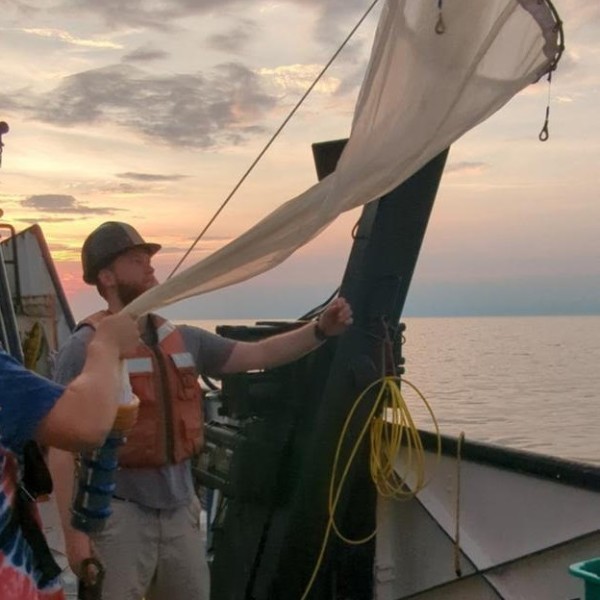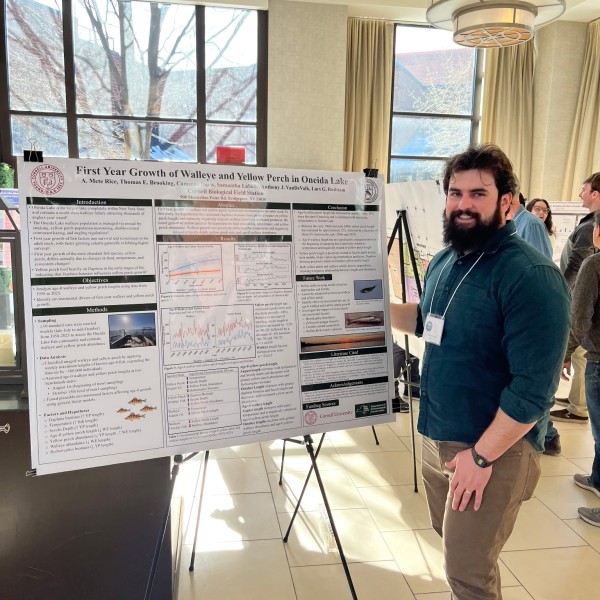Meet Kerstin Damerau, research associate for Cornell Global Development's new research group — Food Systems & Global Change. Formerly an independent consultant for ICRAF and the Alliance of Bioversity International and CIAT, Kerstin's research focuses on quantitative modeling and scenario approaches to assess natural resource use efficiency of food production, greenhouse gas emission from the agricultural sector, and environmental trade-offs.
Academic background:
- Ph.D. in Environmental Sciences from ETH Zurich
- Mag.rer.nat (honors) (equivalent to M.Sc.), Theoretical and Applied Geography, University of Vienna, Austria
What research are you currently working on?
I am developing a tool that will allow us to quickly assess the potential environmental, nutritional and economic impacts of large-scale livestock interventions such as vaccines or genetic breeding. I'm also involved in the Food System Countdown Initiative as well as a project on the true cost of food for New York State.
What most excites you about this opportunity?
To be able to provide more balanced and scientifically sound information for policymakers and the public in regard to the important role livestock plays for ecosystems, food security, and livelihoods.
What would you like people to know about your field?
That the food system challenges we are facing are highly complex and rarely allow us to give black-and-white answers, especially when weighing different environmental, nutritional and socio-economic impacts of livestock products.
If you had unlimited grant funding, what major problem in your field would you want to solve?
I would like to develop an indicator, which lets us assess and monitor environmental food system sustainability with an aggregated indicator based on soil health rather than individual data points such as freshwater use or nutrient flow.
What do you like to do when you aren’t working?
I do quite a bit of Crossfit in my free time. I enjoy tropical beaches, surfing (preferably at tropical beaches), and yoga. Recently, I had to add exploring the Finger Lakes region to my list.








